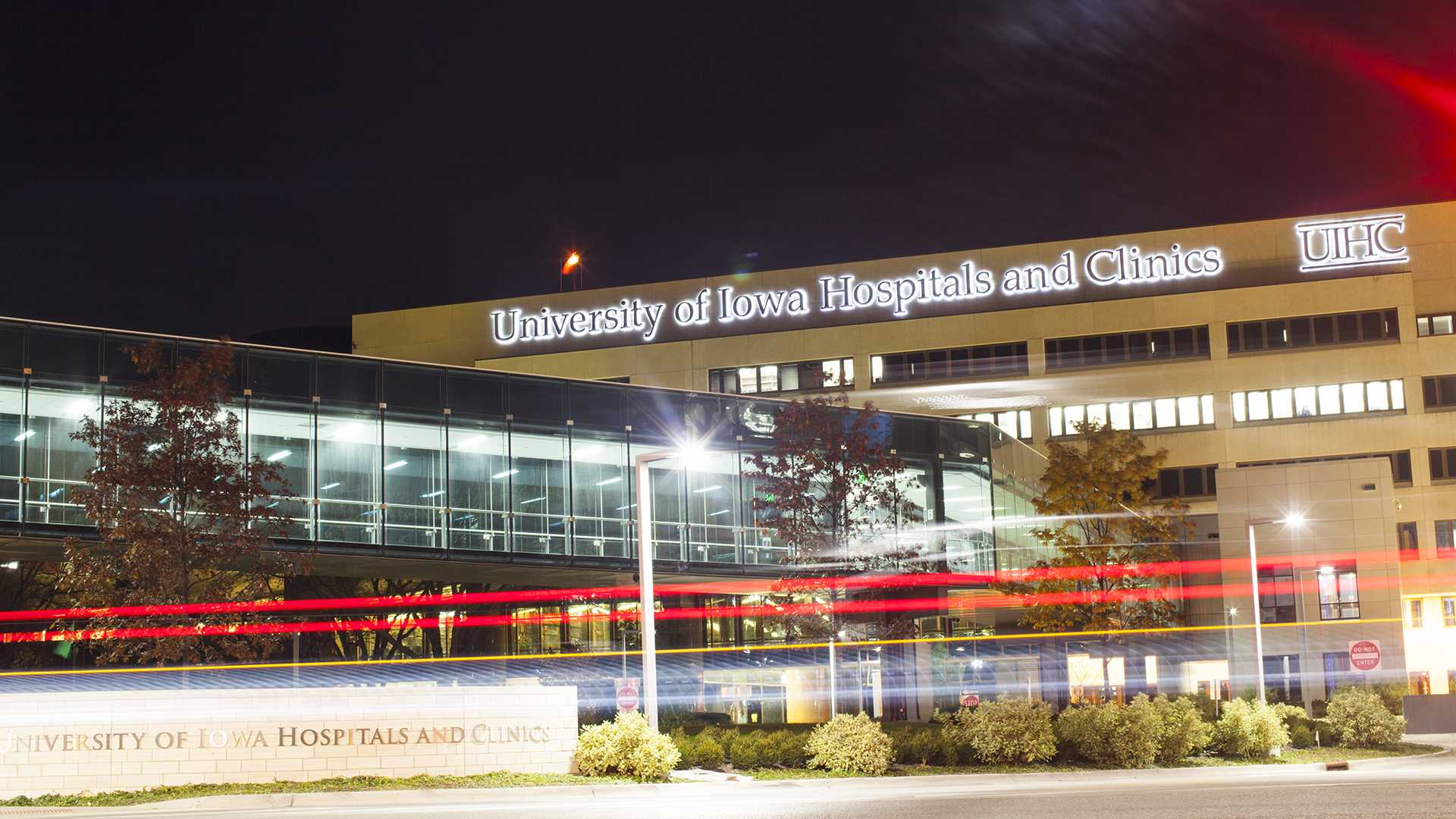UI researchers find connection between not eating breakfast and increased risk of cardiovascular disease
Researchers in the College of Public Health found that not eating breakfast is associated with a higher risk of cardiovascular disease.
Photo Illustration/Katina Zentz
May 7, 2019
The saying “breakfast is the most important meal of the day” has been given a new meaning after researchers in the University of Iowa College of Public Health found a connection between not eating breakfast and cardiovascular-health issues.
The study looked at data collected by the Centers for Disease Control & Prevention in a cross-sectional health survey on adults in the U.S., said Wei Bao, a UI assistant professor of epidemiology.
“Previous studies focused on what we eat and what are the contents of everyday eating, but there are not many guidelines to tell you when to eat,” Bao said. “We noticed that skipping breakfast is a common practice between some people, so we are very curious about how such a common eating habit will be related to long-term health outcomes.”
They found through the data that not eating breakfast was associated with a high risk of death because of cardiovascular disease after eliminating all other factors, Bao said.
The researchers say people who skipped breakfast every day had an 87 percent higher risk for developing cardiovascular disease compared with people who ate breakfast on a regular basis.
The study was observational, but Bao hopes in the future to conduct a study to determine whether not eating breakfast is actually causal in the risk of cardiovascular disease or if it is just an indicator, he said.
RELATED: New diner and cereal bar brings a fresh look on breakfast to downtown Iowa City
Prior studies have indicated that skipping meals is also associated with a higher risk of diabetes, hypertension, dyslipidemia (an abnormal amount of lipids), and cardiovascular disease, postdoc research scholar Buyun Liu, a co-author of the study, said in an email to The Daily Iowan.
“It is well-known that CVD is a serious health issue. It is the leading cause of death in the United States. However, the prevention of CVD remains a challenge,” Liu said. “Although healthy eating has long been considered a major player in CVD, studies about the health effects of eating behaviors, including eating breakfast, are limited.”
Compared with other risk factors of cardiovascular disease, eating breakfast is easier to implement, Liu said. Increasing awareness of the importance of eating breakfast will consist of using the studies conducted as a foundation to remind people, Liu said.
The study is one of the first times eating breakfast has been looked at in comparison to cardiovascular health, said Linda Snetselaar, a co-author of the study and professor and chair of preventive nutrition education.
People sometimes don’t eat breakfast because they don’t have or don’t like traditional breakfast food, Snetselaar said. It can be difficult to make time to eat the meal when rushing in the morning, she said.
If regular eating habits are established early in life, Snetselaar said, cardiovascular disease can be prevented. There are some studies that have suggested eating breakfast is not important; however, other studies have emphasized the importance of eating breakfast in childhood development, she said.
“What happens in childhood can then influence what happens in adulthood, and so a finding like this tells us there may be some merit in looking at what we’re doing in childhood relative to that first meal,” Snetselaar said.






